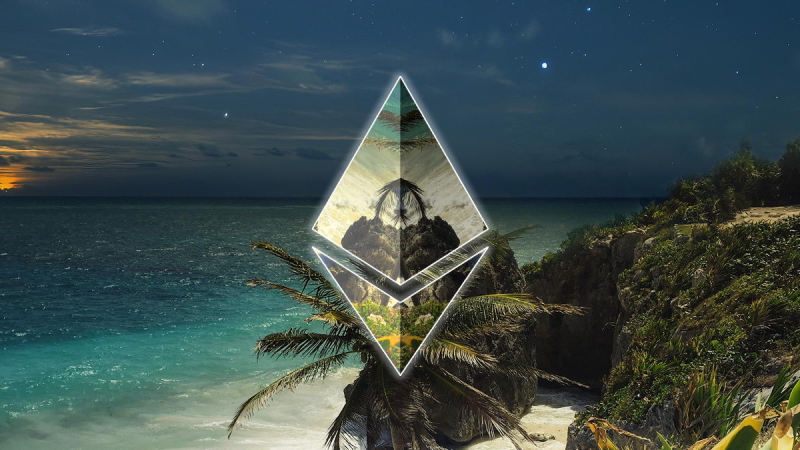Ethereum Completes Dencun Network Upgrade on Goerli Testnet

Ethereum has successfully implemented the Dencun network upgrad on the Goerli testnet.
On Jan. 17, Ethereum’s developers have deployed the previously announced Dencun upgrade, succeeding the Shapella upgrade (also known as the Shanghai upgrade) in 2023.
The Dencun upgrade prominently features the implementation of EIP-4844, known as proto-danksharding. Proto-danksharding, as the main component, allows for the temporary storage of off-chain data, easing the storage demands on Ethereum nodes.
This development is anticipated to significantly lower transaction fees for decentralized applications (dApps), particularly benefiting Layer 2 rollup chains.
Dencun is Goerli Testnet’s Last Upgrade
According to the Ethereum core team, the Dencun upgrade will be the last upgrade for the Goerli testnet, Ethereum’s first multi-client testnet, before the developers stop supporting it.
“Either three months after the Goerli Dencun activation, or one month after the Dencun mainnet activation, whichever comes later, teams will begin exiting their validators,” said the team. “Anyone relying on Goerli as a stable testnet should migrate elsewhere prior to this.”
“Application and tooling developers are encouraged to use Sepolia to test decentralized applications, smart contracts, and other EVM functionality,” said the team. “Stakers and infrastructure providers concerned with protocol-level testing are encouraged to use the newly launched Holesky testnet.”
The upgrade is named “Dencun” as it combines the naming conventions for Ethereum’s consensus and execution layer upgrades. Consensus layer upgrades are typically named after stars, while execution layer upgrades follow the names of Devcon city locations.
“Dencun” merges “Deneb,” a first-magnitude star in the Cygnus constellation, with “Cancun,” the host city for Devcon 3, reflecting the collaborative nature of the upgrade across both layers of Ethereum’s architecture.
The upgrade was livestreamed by the developers. If no major issues are found following the Goerli implementation, it will be deployed to Sepolia and Holesky.
Buterin Says Validiums are Not Genuine Rollup Solutions
Ethereum co-founder Vitalik Buterin has recently sparked a debate about the classification of layer 2 scaling solutions, particularly focusing on Ethereum’s validiums. Buterin asserts that validiums, which use off-chain data storage, should not be considered true rollup solutions.
Validiums, while offering scalability through zero-knowledge proofs for off-chain transactions, face challenges in terms of data availability, differing from ZK-rollups which post full transaction data on the Ethereum mainnet.
The discussion in the Ethereum community regarding the evolution and categorization of its scaling solutions has become increasingly relevant as Ethereum now moves forward with its Dencun upgrade.
The post Ethereum Completes Dencun Network Upgrade on Goerli Testnet appeared first on Cryptonews.



